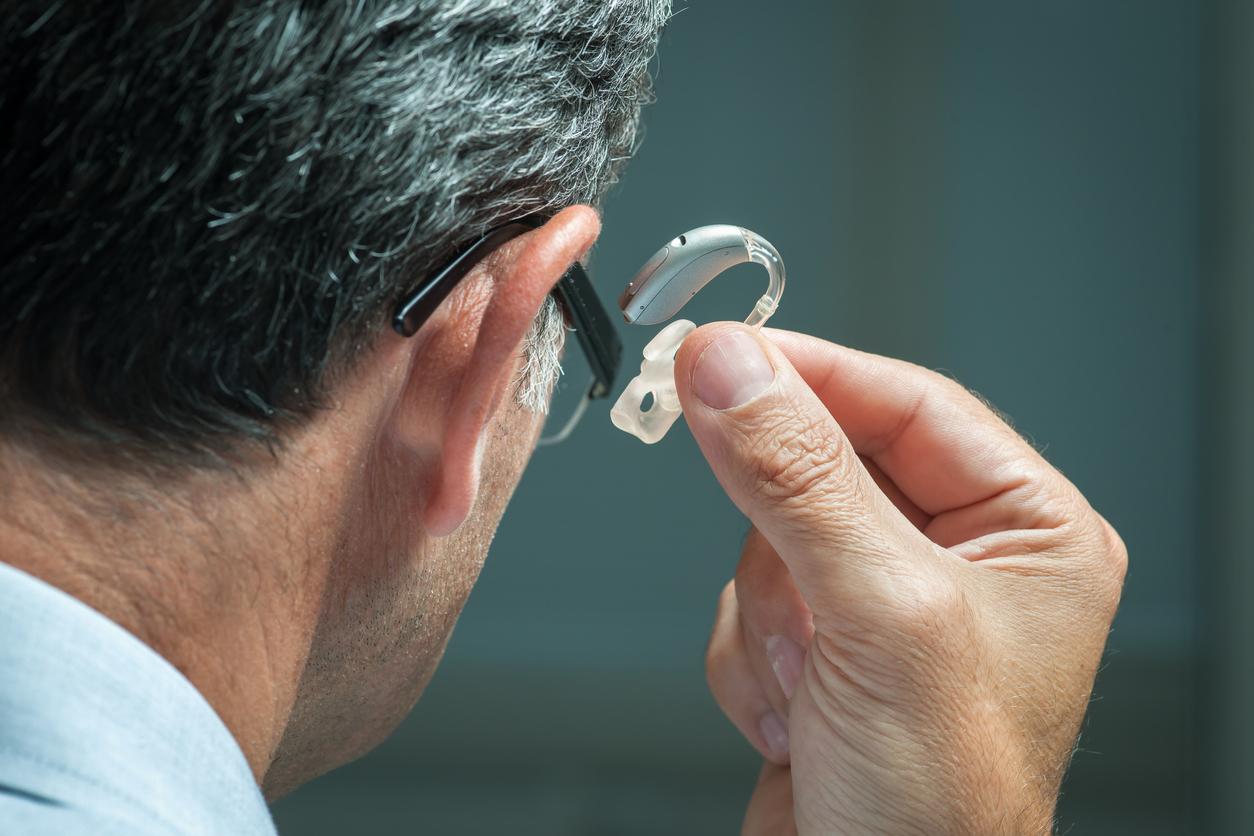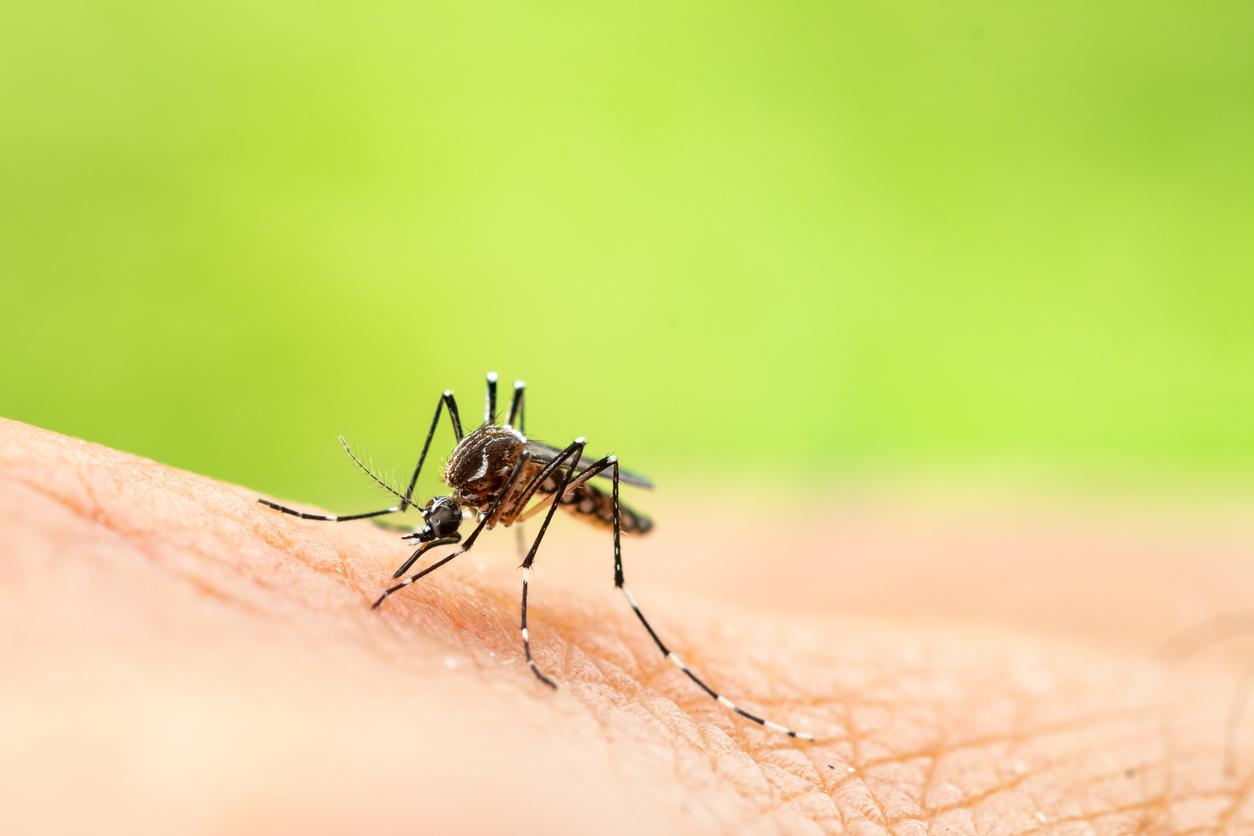In hearing-impaired children, screening and early fitting are essential to facilitate communication. The absence of hearing aids has an effect on the development of the auditory area of the brain, which governs the learning of language and speech.
-1610045888.jpg)
- Screening and early fitting of a hearing aid are essential to help children with hearing loss.
- The less waking time they spend with these devices, the more it jeopardizes speech and language development.
Hearing problems in young children are very hard to detect. In France, a study by the Research, Studies, Equation and Statistics Department (DREES) dated 2007 reports 5 million people with hearing impairment, of which 303,000 have profound or total hearing loss. In the UK, around one in a thousand babies suffer from permanent hearing loss, revealed by screening within the first two days of life. According to researchers from the University of Manchester (UK) and the Biomedical Research Center (BRC) Manchester, these hearing problems are aggravated by the difficulties parents encounter in managing hearing aid devices. The results of this study were published on December 23, 2020 in the journal Ear and Hearing.
A device to put on quickly
The study was conducted on 81 babies, assessed between three and seven months, then between seven and 21 months. Based on the researchers’ findings, it demonstrates that the use of hearing aids is low compared to the number of hours an infant is expected to be awake. On average, hearing aid use during waking hours was 73% in the first months of life, dropping to 44% when babies were a bit older.
According to the researchers, this low listening time can have repercussions on the child’s future ability to communicate. This low usage could be related to some parents seeing only limited benefit from using these devices over time or because older babies remove them. Thus, not all infants use hearing aids as much as they need to.
Yet a baby hearing check was introduced across the NHS in 2006, following a research collaboration between the universities of Nottingham and Manchester. This policy had reduced the age at which hearing-impaired babies receive hearing aids from around 12 months to 2.5 months. These devices improve the lives of adults and children alike, by preventing potentially devastating congenital deafness, diagnosing acquired age-related hearing loss and developing new treatments.
The difficulties of the parents are passed on to the children
For the team’s lead researcher, Kevin Munro, Professor of Audiology at the University of Manchester and Head of Hearing Health at BRC Manchester, “challenges associated with the use of hearing aids may compromise early detection of hearing loss in the highly successful National Newborn Hearing Screening.”
Even being surrounded by audiologists, speech pathologists, teachers of the deaf, and other clinical staff, many parents feel overwhelmed with the situation, which is clearly not helping the child. In their study, the researchers cite the feedback heard from parents, arguing that it was easier to leave the hearing aids out because their child removed them often and that they could pose a choking hazard to them. the little ones.
“Early intervention, with hearing aids or cochlear implants, is associated with better speech and language outcomes and better long-term educational outcomes, such as reading comprehensionunderlines Ciara Kelly, developmental psychologist at the University of Manchester. Newborns rapidly develop auditory pathways and language comprehension, so any reduction in hearing aid use — even if only partial — can affect the development of the auditory part of the baby’s body. brain, which endangers the development of speech and language. We now plan to work on an intervention by first developing a better understanding of the challenges families face when using hearing aids, and then exploring how best to help families increase hearing aid use..”
.

















